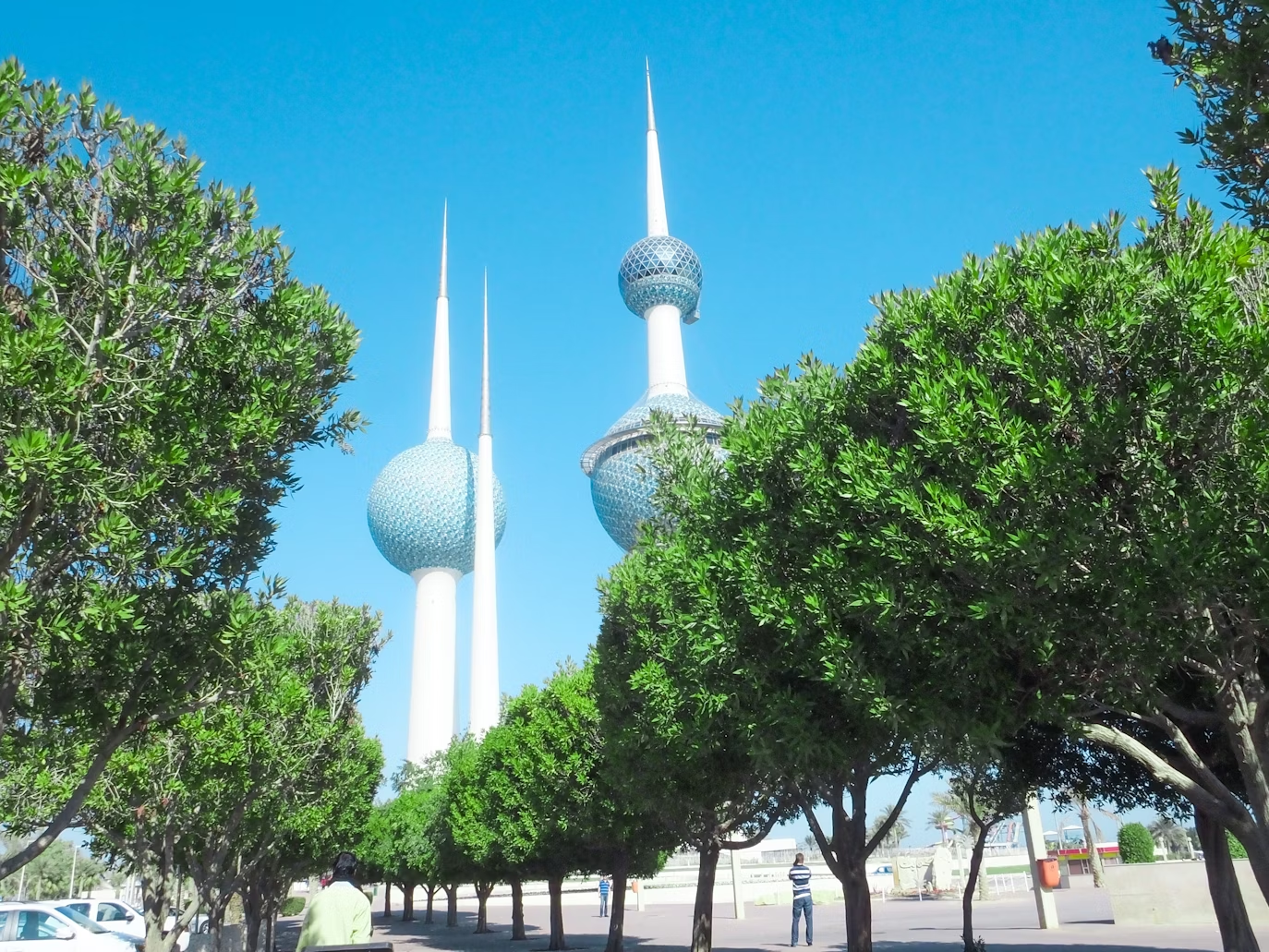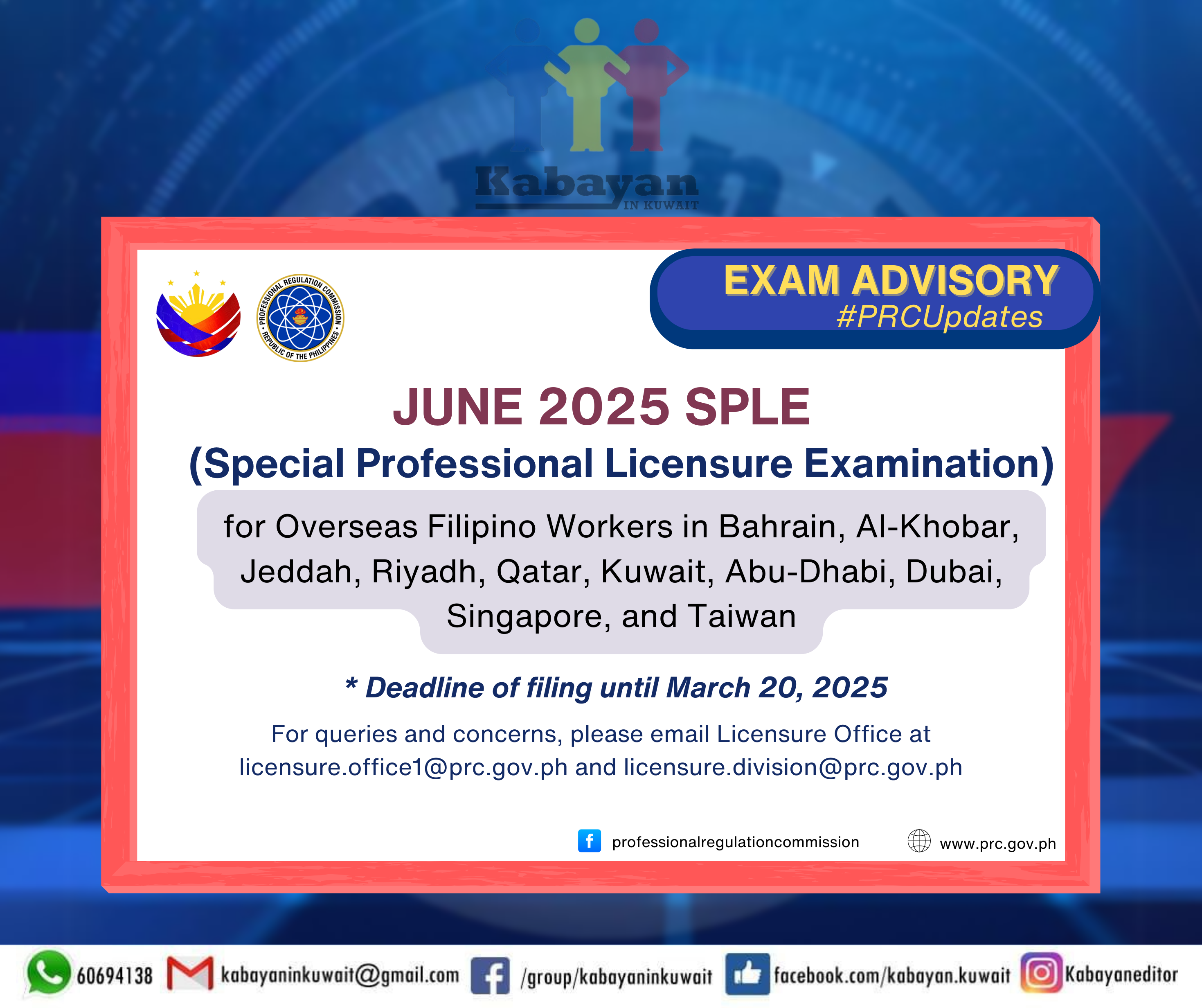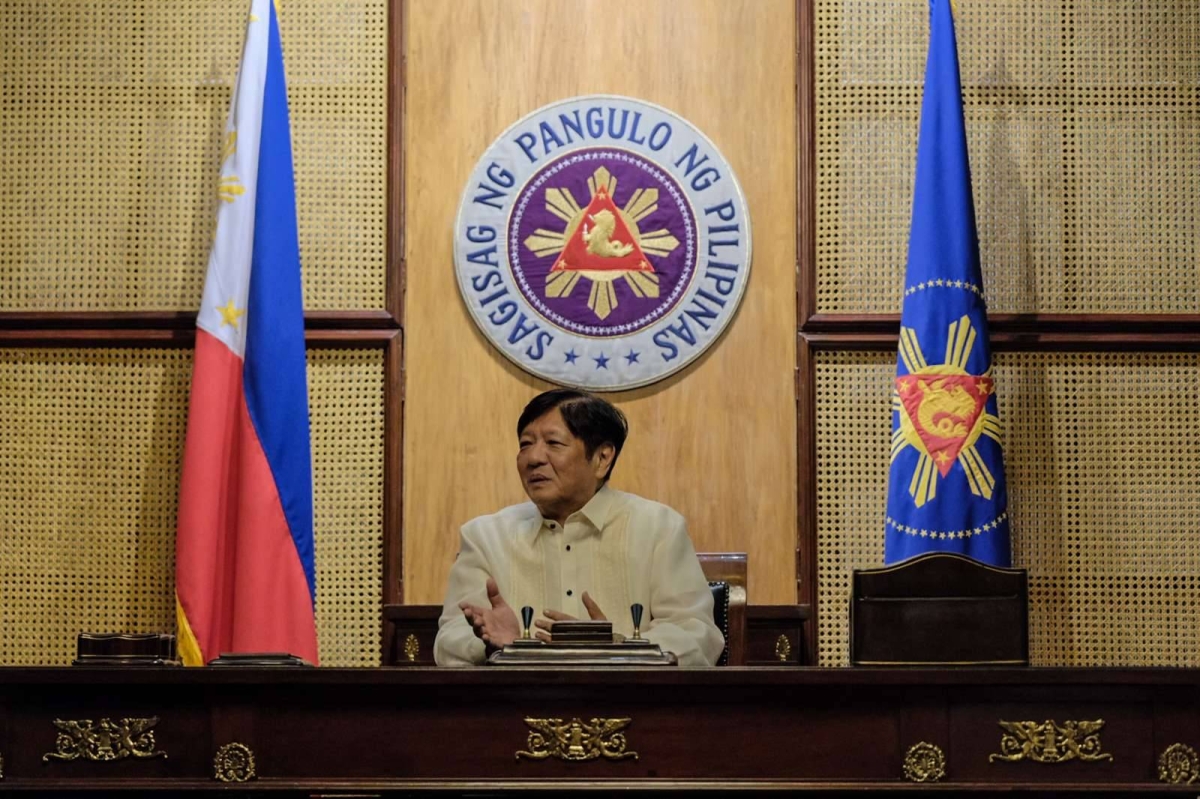Kuwait’s Greening Initiative
The cosmetic agriculture sector begins Kuwait’s greening initiative by establishing a committee to supervise contracted companies, ensuring compliance with contract terms, addressing recent monitoring deficiencies, particularly along specific highways. Kuwait’s interest in cosmetic agriculture dates back to the early 1970s, positioning the country as a pioneer among Arab Gulf nations in this field.Efforts to beautify Kuwait’s roads have resumed following years of neglect, leading to tree deaths and lapsed maintenance contracts, squandering millions of previously invested dinars.
Signing of Contracts
Al-Rai newspaper interviewed the Public Authority for Agriculture Affairs and Fisheries’ initiatives alongside insights from an environmental activist and an engineer. During Ramadan, the authority signed seven contracts with specialized afforestation and maintenance companies, with work slated to commence in May. These contracts are part of the 13 submissions made to the Central Tenders Committee two years ago. The remaining six contracts, aimed at greening northern and southern regions, are pending. The goal is to foster a greener summer and augment green spaces in the country, which have suffered due to delayed maintenance contract signings.
Environmental Advocates Insights
In response to declining cosmetic plantings, environmental activist Barak Al-Hindal criticized the loss of both fruitful and non-fruitful trees nurtured under government initiatives. He highlighted a lack of oversight, leading to tree deaths along public roads due to expired contracts or contractors’ failure to adhere to terms.
Dr. Hani Al-Zalzala, Vice President of the Society of Agricultural Engineers, stressed the importance of cosmetic agriculture for its environmental and aesthetic contributions. Despite Kuwait’s historic leadership in this field, recent projects have faced challenges, resulting in tree deaths and financial losses. Al-Zalzala emphasized the need for government intervention, proposing solutions such as reopening scholarships for cosmetic agricultural studies abroad and fostering local expertise.
Addressing the issues plaguing cosmetic agriculture requires concerted efforts from various stakeholders, including government agencies, universities, and research bodies. Prioritizing the sector’s development and sustainability is essential to preserving Kuwait’s green spaces and environmental well-being.







